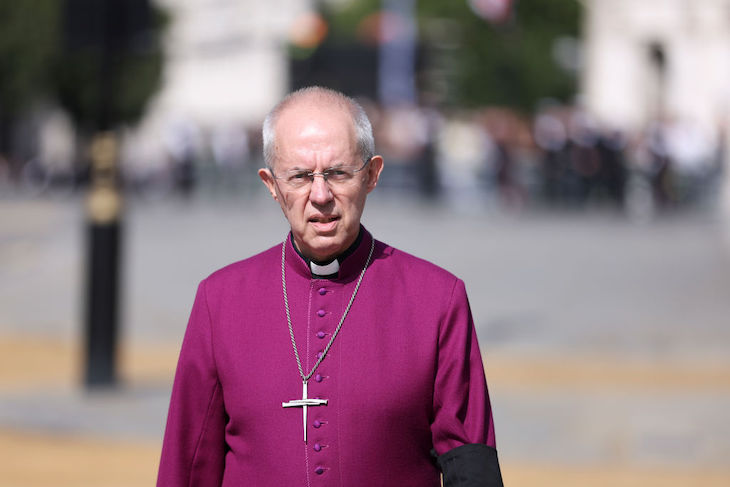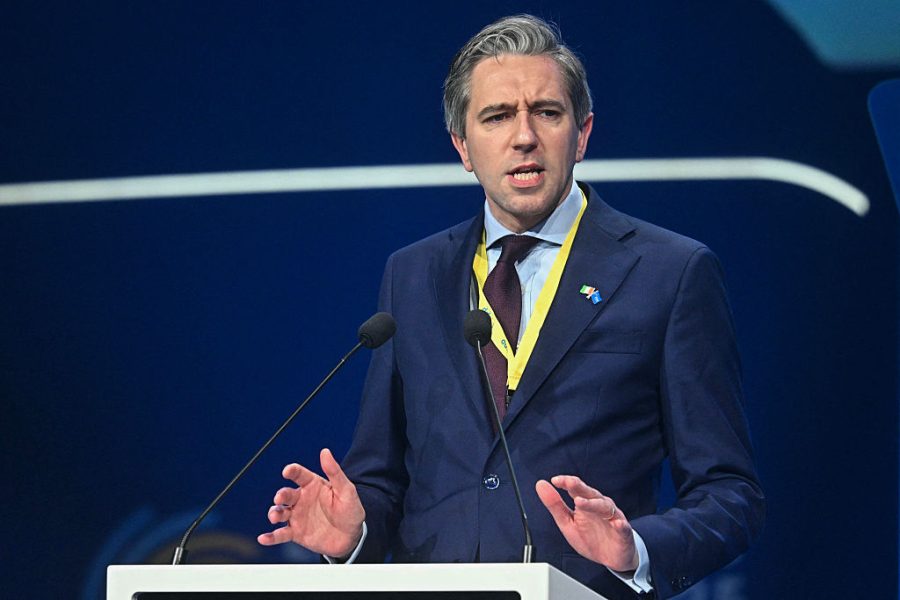In the past few minutes, Justin Welby has announced he is resigning as Archbishop of Canterbury over his handling of serial child abuser John Smyth. In a statement, he said ‘it is very clear that I must take personal and institutional responsibility for the long and retraumatising period between 2013 and 2024’. He says he believes stepping aside ‘is in the best interests of the Church of England’.
At the end of last week, Welby had said he had considered resigning, and had decided that it would not be in the best interests of the church to do so. So what changed? Like so many resignations, it came after those both inside the church and outside made it very clear that they did not agree that Welby staying on was in the best interests of the church after all. After the Bishop of Newcastle Helen-Ann Hartley urging him to resign, and members of the General Synod had circulated a petition calling for his immediate departure, it was difficult to see how Welby would have the authority to continue at a very fraught time for the church.
It seems likely that some among those pushing for Welby to go just didn’t like him and were joining in the long tradition of safeguarding being weaponised for factional purposes. Welby had tried to bring the CofE to some kind of resolution on human sexuality, with deep splits between the liberal churches in England and the more conservative wider Anglican Communion. He had also angered others with his handling of covid restrictions, and others with his approach to declining parish churches. In all of those situations, he was in one of the most thankless jobs as he was trying to work out how to hold together the true definition of a ‘broad church’, but not one that enjoyed its broadness particularly.
There is no evidence that Welby going will change any of this for the better, even if he had lost the authority necessary to stay. As I wrote on Coffee House earlier, people come and go, but cultures stay the same.
There is also a huge irony in the conservative evangelical wing of the church being the reason for Welby’s downfall. This section is comprised of people who appear not to really care about the CofE, to the extent that they do not pay their parish share or are on the brink of leaving the church anyway; these people have always been the first to complain about Welby, and yet they have managed to drag him down with them. Some of the evangelicals who kept Smyth’s abuse within their tight circle have died, others have tried to change the culture and improve scrutiny. But some have been happy to tarnish the church while staying in it, thinking themselves above it as an institution while behaving far below their own public standards.
Watch more on SpectatorTV:








Comments